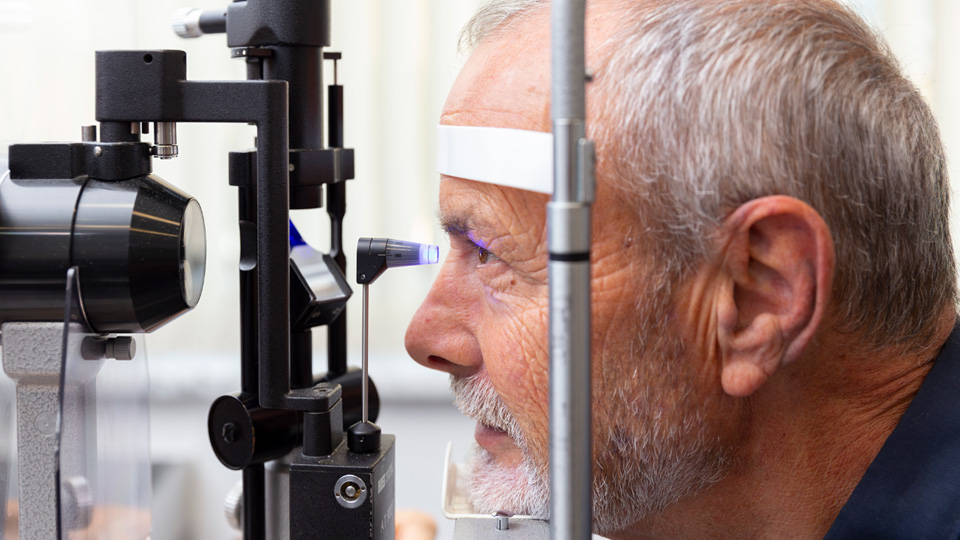09/05/2025
The postoperative period after cataract surgery is a crucial time to ensure optimal recovery and prevent complications.
Below, we outline the main care guidelines and recommendations to follow after cataract surgery.
Immediate instructions after surgery
- Accompaniment: It is advisable to attend the surgery with someone who can accompany you home, as your vision may be temporarily affected.
- Use of an eye shield: Your doctor may recommend using an eye shield after cataract surgery, especially during sleep, to protect the operated eye.
Essential postoperative care
- Medication administration: Follow your ophthalmologist’s instructions precisely regarding the use of antibiotic, anti-inflammatory, and lubricating eye drops, to prevent infections and control inflammation. Lubricants are necessary to restore the surface of the eye and reduce the discomfort that is often experienced.
- Eye hygiene: Avoid rubbing your eyes for at least one week after the procedure. If necessary, you may gently touch the eyelids with a tissue or moist wipe, but without rubbing.
- Sun protection: Wear sunglasses when going outside to protect the eye from bright light and reduce discomfort.
Physical activity and effort
- Resuming daily activities: The day after surgery, you may resume light activities such as showering, washing your face, watching television, reading, walking, and lifting light objects, but always in moderation and avoiding water falling directly into the open eye.
- Exercise and sport: Avoid activities that involve sudden movements or risk of eye trauma, such as ball sports or mountain sports, during the first three weeks. Contact sports should be avoided for at least three months. Gentle exercise, yoga, and Pilates may be resumed the day after surgery.
- Driving: Consult your ophthalmologist about when it is safe to drive again. In general, it is recommended to wait until your vision has stabilised and the specialist gives approval.
Additional precautions
- Avoid polluted environments: During the first few weeks, try not to expose yourself to dust, smoke, or irritating agents that may increase the risk of infection or eye inflammation.
- Make-up: Wait at least 15 days before applying cosmetics around the eye area to prevent infections.
- Swimming and bathing: Avoid submerging your head in water—whether in pools, the sea, or bathtubs—for at least 15 days to reduce the risk of infections.
Warning signs
Although most recoveries are satisfactory, you should be alert for the following symptoms:
- Intense or persistent pain
- Increasing redness of the eye
- Sudden loss of vision
- Unusual eye discharge
If you experience any of these signs, contact your trusted ophthalmologist immediately.
For a successful recovery, it is essential to follow medical instructions and attend scheduled follow-up appointments. If you have any questions or concerns during the recovery process, do not hesitate to consult a specialist.
Dr. Elena Barraquer, Ophthalmologist, Barraquer Ophthalmology Centre
